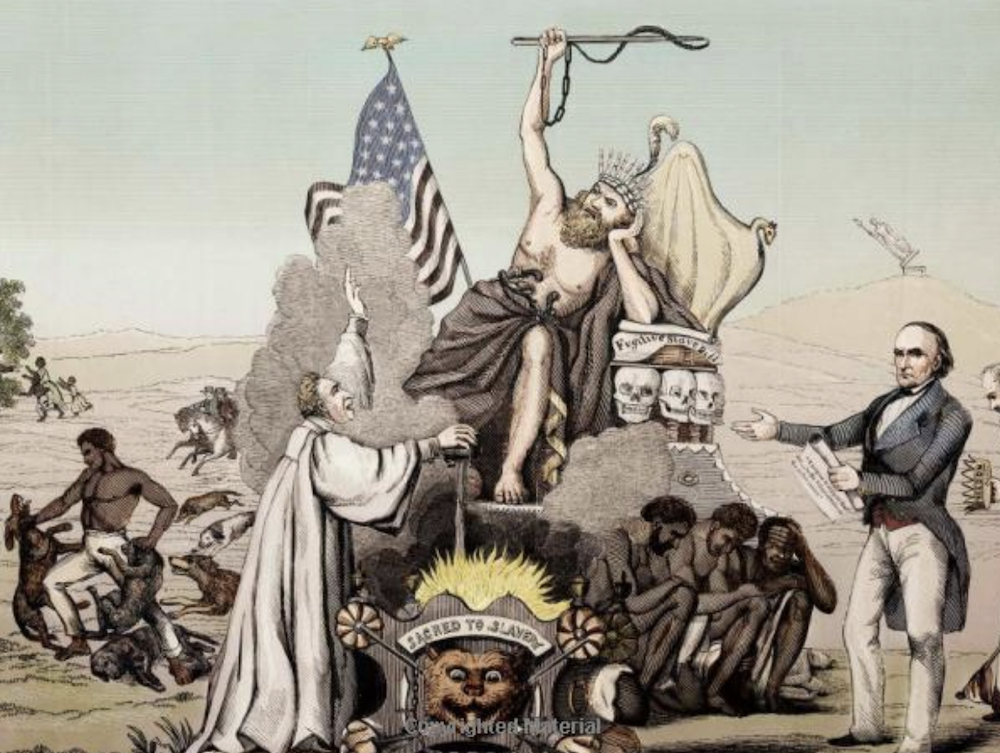There is a certain idea afoot, whose proponents claim that it can help us all get along better. Take almost any energetic debate on Christian faith and practice, and someone will bring up the concept. Even guys like Al Mohler, who tend to get pigeonholed as theological crankypants of the first degree, affirm and advance the framework.
This concept is theological triage. Good explanations of it are plentiful. (See here, and here, for example.)
Let’s compare it to a medieval cathedral. It is a beautiful mess of arches, buttresses, and pillars. Take a stone out of one of the big central columns, and a new French mountain will quickly form on top of your head. That is a first-tier error, like denying the Trinity. Take out a major—but not load-bearing—interior wall, and that will change the function of a big part of the building. Or, pull down one of the outer supports. Everything seems fine. But over the years, cracks appear. In time, at least part of the building will fall down. These are second-tier errors, things like infant vs. believers-only baptism or the different sides of the women’s ordination debate. Then there are the gargoyles, the statuary, and the precise position of rainspouts. Plenty of substance to argue over, little risk of destroying the edifice. The third-tier errors, and things indifferent. Vestments, music, and which tax rates to support. Matters too far removed from core doctrine to be risky, or matters that Scriptures leave to Christian freedom and prudent judgment.
Full disclosure time: I agree that theological triage is an important and useful concept. It also has a really good historical pedigree. One version or another of it has been around at least since the time of the Church Fathers, and it never really went away.
But sometimes people ask too much of this framework. We try to make it do things that it can’t. To allow us to set aside all heated debate, or to identify some Mere Christianity basis that will finally unify the Church. Or we abuse the concept, using it not to protect the proper unity of the church but as a weapon. To pit unity against purity, or to delegitimize a debate in progress.
Login to read more
Sign in or create a free account to access Subscriber-only content.
